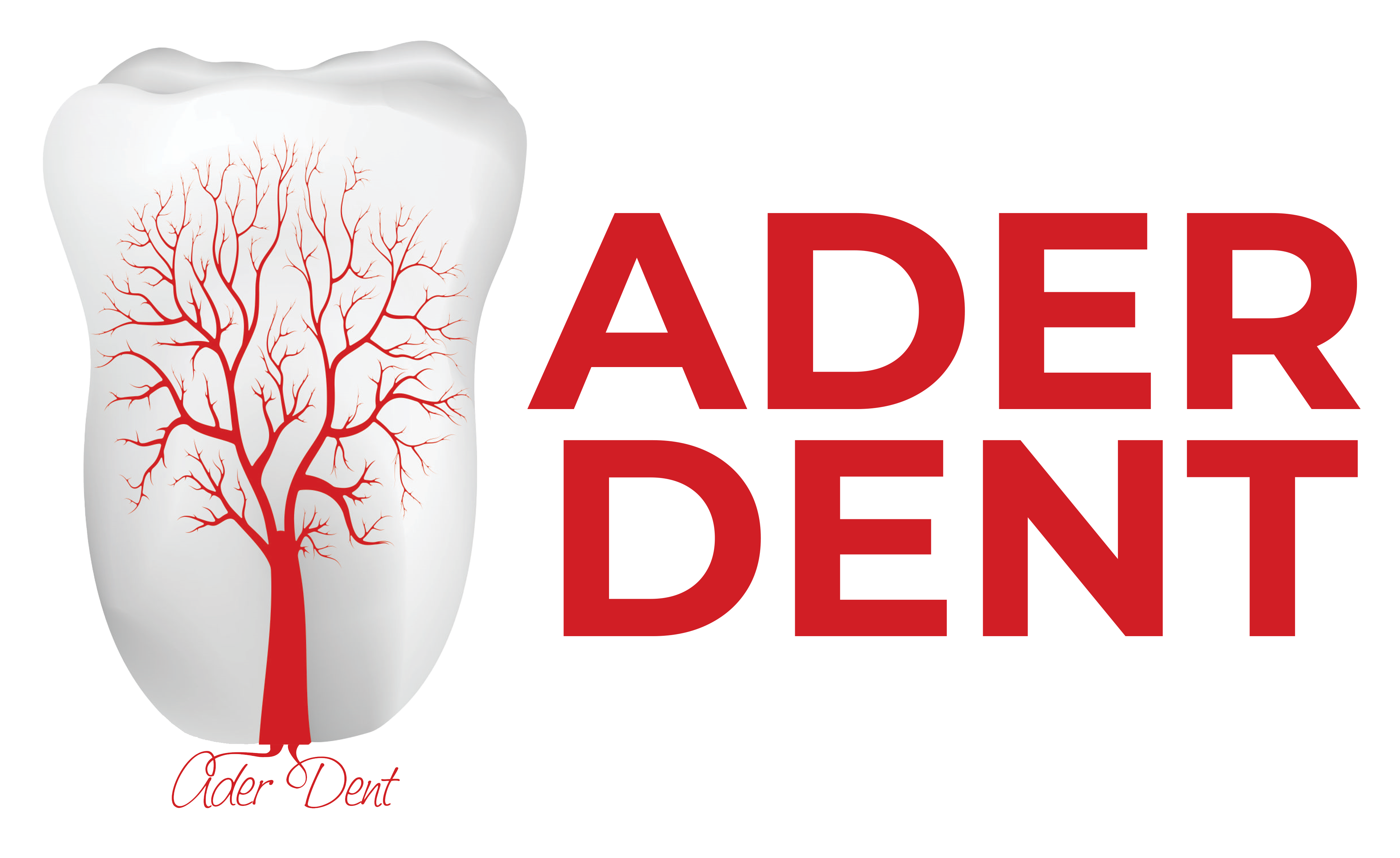Oral and maxillofacial surgery is a specialized branch of dentistry that involves surgical procedures on the teeth, jawbones, and surrounding tissues. This field is not limited to tooth extractions; it also includes advanced treatments such as impacted tooth surgery, jawbone corrections, cyst removal, and temporomandibular joint (TMJ) disorders. It particularly addresses trauma, congenital jaw deformities, and aesthetic concerns.
Oral and maxillofacial surgeons manage the entire process from diagnosis to surgical intervention. Your general dentist may refer you to a specialist during a routine check-up, or you may seek specialized care based on your symptoms.
When Should You Visit an Oral and Maxillofacial Surgeon?
While individuals may experience different oral health issues, some specific conditions require oral and maxillofacial surgical intervention. These include:
- Impacted teeth (especially wisdom teeth)
- Complications following tooth extractions
- Cysts, tumors, or infections in the jawbone
- Temporomandibular joint (TMJ) disorders
- Jaw fractures and trauma
- Orthognathic surgery (correction of skeletal jaw deformities)
- Bone grafting procedures prior to dental implant placement
As these procedures require expertise and experience, it is essential to consult a qualified specialist without delay when such conditions arise.
Impacted Tooth Surgery
When wisdom teeth fail to erupt or grow at an angle, surgical removal may be necessary. Impacted teeth trapped under the gums can cause pain, infection, or exert pressure on adjacent teeth. For more information tailored to your needs, visit our impacted teeth treatment page.
Tooth Extraction and Apicoectomy
Teeth that cannot be saved due to decay or trauma should be extracted, and if necessary, any infection at the root tip should also be removed. In cases of cyst formation at the root, an apicoectomy (root-end surgery) is performed.
Implant Surgery
Dental implants, used to treat missing teeth, involve placing titanium screws into the jawbone. For successful outcomes, adequate bone density and quality are crucial. In cases of insufficient bone, grafting procedures may be required.
The Aesthetic Side of Oral and Maxillofacial Surgery
Surgical procedures are not only performed for health reasons; aesthetic concerns also play a significant role in this field. Structural jaw deformities can lead to both physical and psychological discomfort. Issues such as protrusion or recession of the upper or lower jaw can be corrected through orthognathic surgery, which improves both facial aesthetics and chewing function.
Common aesthetic surgical procedures include:
- Chin surgery (genioplasty)
- Soft tissue surgeries to improve symmetry around the lips and nose
- Jawbone alignment prior to smile design treatments
If you have aesthetic concerns, feel free to explore our smile design and aesthetic treatments content for more information.
Post-Surgical Care: What Should You Watch For?
Recovery after oral surgery depends on the type of procedure performed and the patient’s overall health condition. However, there are general guidelines that all patients should follow:
- Do not rinse your mouth during the first 24 hours following the operation
- Avoid hot food and drinks
- Do not consume tobacco or alcohol for the first two days
- Take all prescribed medications as instructed
- If stitches were placed, attend follow-up appointments as scheduled
Following your dentist’s or surgeon’s instructions carefully will help speed up recovery and minimize the risk of complications.


 TR
TR







